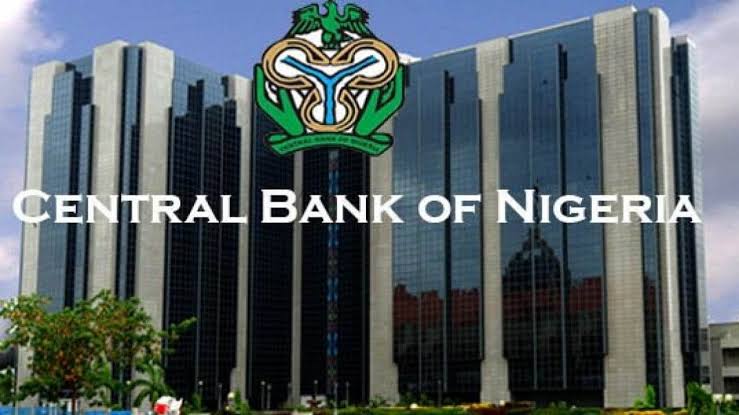In a significant development, the Central Bank of Nigeria (CBN) has reported a remarkable increase in credit to the Federal Government, rising by N11.33 trillion or 57.11 percent to N31.15 trillion in August, up from N19.83 trillion in July.
The latest Money and Credit Statistics from the CBN reveal a pattern of fluctuating borrowing by the three tiers of government from commercial lenders in recent months. In June, credit stood at N23.93 trillion, up from N19.98 trillion in April, but down from N28.38 trillion reported in May.
The first quarter of the year exhibited similar volatility, with credit peaking at N33.93 trillion in February before dropping to N19.59 trillion in March. This ongoing trend underscores the Federal Government’s increasing reliance on CBN facilities to finance capital projects, debt servicing, and other fiscal commitments.
Economic analysts express concerns regarding the long-term sustainability of such borrowing, warning that it could exacerbate economic strain and fuel inflationary pressures.
The report also indicates a decline of N777.13 billion or 1.03 percent in credit to the private sector, which fell to N74.73 trillion in August from N75.51 trillion in July. Private sector credit had previously reached N76.48 trillion in January and peaked at N80.86 trillion in February, before experiencing fluctuations throughout the year.
In terms of currency circulation, total currency rose to N4.14 trillion in August from N4.05 trillion in July, reflecting an increase of N91.08 billion or 2.25 percent. The combined total for government and private sector credit, along with currency in circulation, reached N110.03 trillion in August, highlighting the ongoing fiscal and monetary dynamics in Nigeria’s economy, where government borrowing is increasingly overshadowing private sector credit.
Afrinvest research emphasizes the challenging position of the CBN as it attempts to balance inflation control with economic growth stimulation. The Monetary Policy Committee recently raised the monetary policy rate by 50 basis points to 27.25 percent, marking the fifth consecutive rate hike this year. Additionally, the cash reserve ratio for commercial banks has been increased to 50 percent and to 16 percent for merchant banks, measures aimed at curbing excess liquidity and stabilizing the exchange rate.
While these policies may help control inflation, Afrinvest warns they could also tighten liquidity in the private sector and raise borrowing costs, potentially hindering economic growth. The firm advocates for a more balanced approach to fiscal management, emphasizing the need to stimulate private sector activity for sustainable economic development.
Furthermore, Nigeria’s total public debt has surged to N121.67 trillion as of June 2024, marking a 24.99 percent increase from N97.34 trillion recorded in December 2023. The Debt Management Office attributes this figure to both domestic and external debts incurred by the Federal Government, the 36 state governments, and the Federal Capital Territory.


